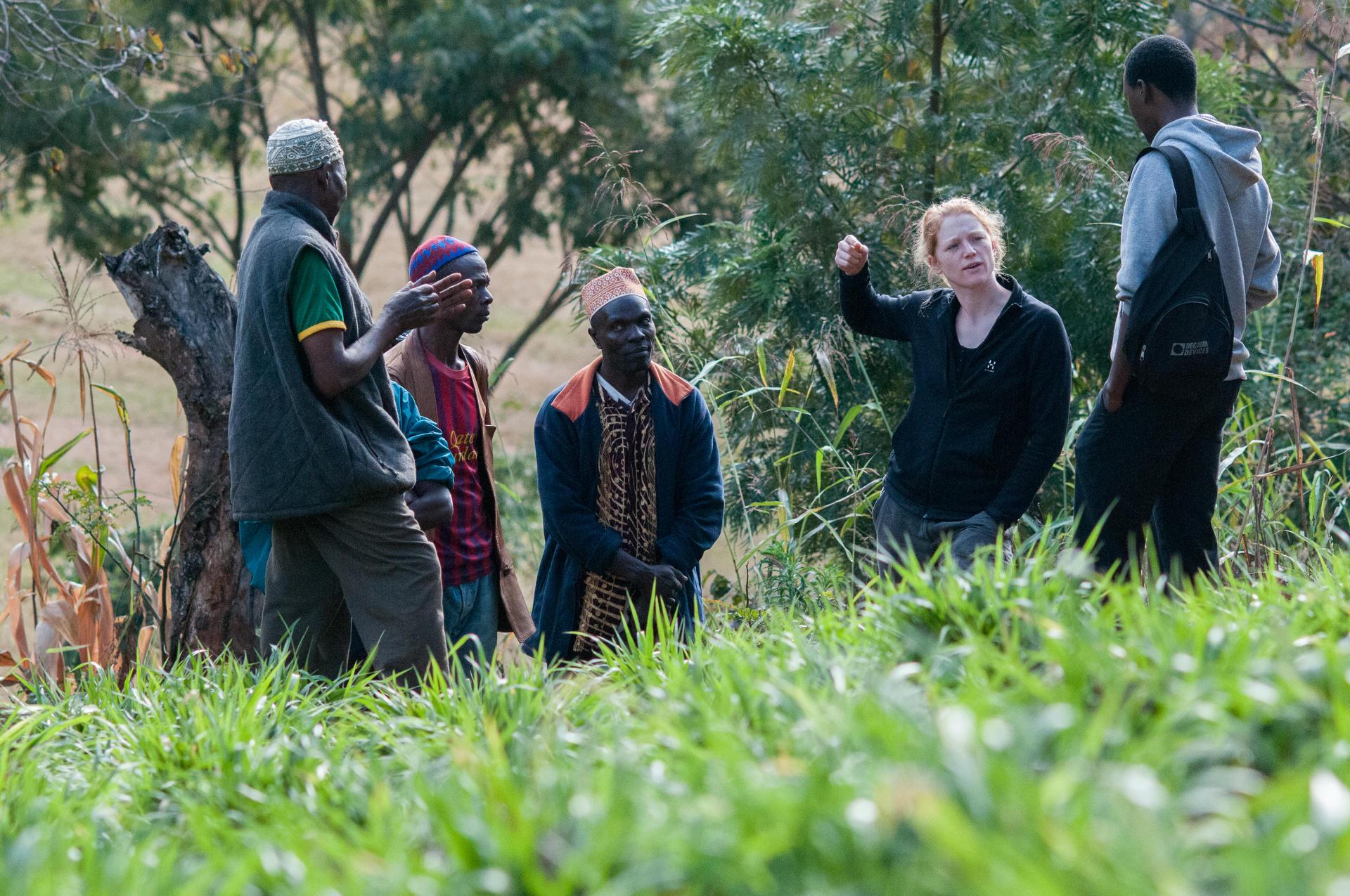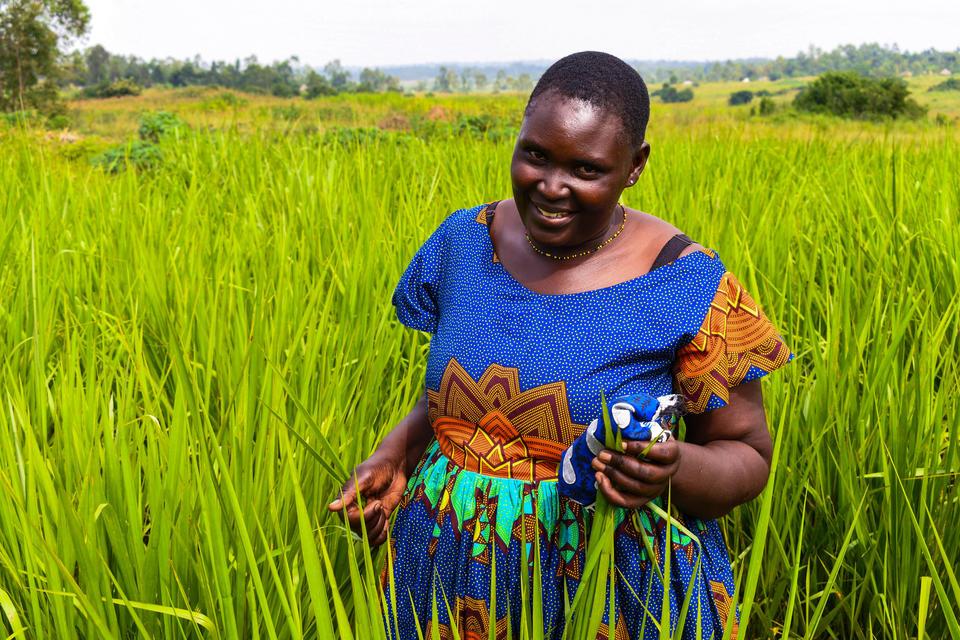Forage Africa Network

Livestock systems worldwide are getting more pressure day by day to become more efficient, more sustainable and more resilient to climate and other shocks. In addition, in Africa, livestock systems suffer from shortages of quality feed which causes additional stress to the system by reducing beef and milk production and carrying capacities of farms. Oftentimes, livestock producers need to incur high feeding costs without an adequate return on their investment, challenging the economic and social sustainability of their livelihood activity and jeopardizing their families’ food and nutrition security.
Forages play a key role in livestock systems globally and in Africa in particular. Not only do they cover the largest amount of area in farming systems, they also provide key ecosystem services that no other crop can provide. However, forages are as diverse as livestock systems and many different research programs exist on many different species. Despite the differences, each of these species and programs share the same overall goal to bring solutions to livestock producers and to help them overcome the many challenges that they face.
Forage scientists, specializing on forage germplasm selection and breeding for the variety of African farming systems, have come together to form the Forage Africa Network, to foster knowledge exchange and collaboration, and identify species and research activities that best suit the needs of farmers in each African region.
In what context is this tool useful?
For scientists: for knowledge exchange and collaboration that can leverage their strengths and overcome the weaknesses that may have amongst their research organizations.
For farmers: from the dry areas of North and West Africa to the tropical lands of East and Southern Africa, they can identify which are the species that best suit their needs in each region.
Tools often used together with this tool?
Contact
Rosa Jauregui, Alliance Tropical Forages Breeder ([email protected])

